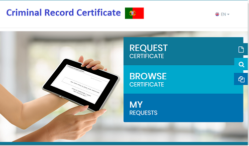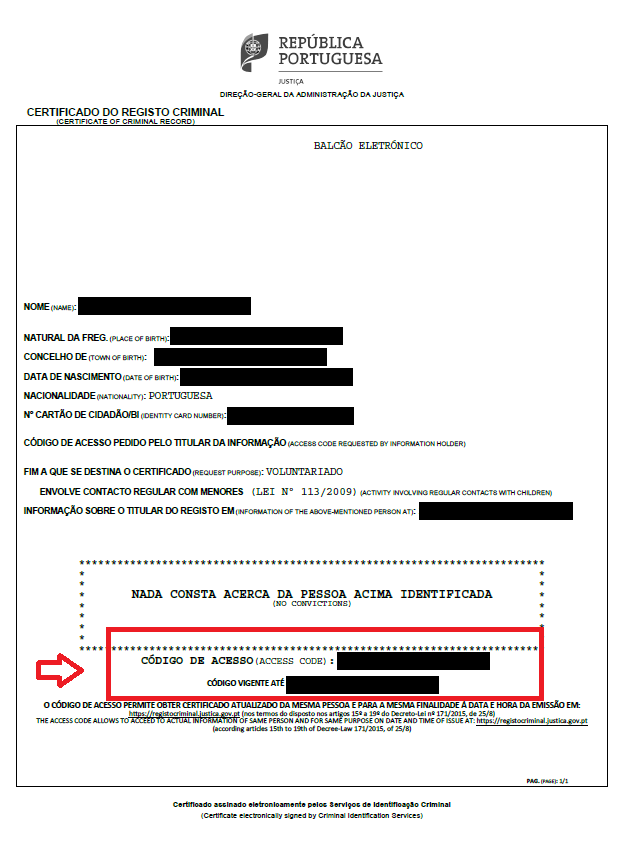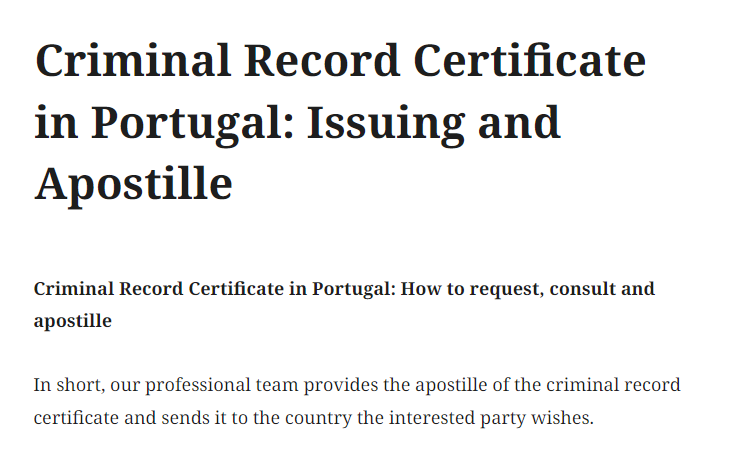Digital law, also known as cyber law or internet law, refers to the legal principles and regulations that govern activities conducted online or in the digital realm. It encompasses a broad range of legal issues related to the internet, digital technology, and electronic communications.
You can schedule an appointment online with a lawyer specializing in digital law – Click Here.
Digital law covers various aspects, including but not limited to:
Privacy and data protection: Laws and regulations that govern the collection, use, storage, and sharing of personal information online. This includes regulations like the General Data Protection Regulation (GDPR) in the European Union.
Intellectual property: Legal frameworks that protect copyrights, trademarks, patents, and other intellectual property rights in the digital sphere. These laws address issues such as online piracy, digital content distribution, and infringement.
Cybercrime: Laws that address criminal activities committed online, such as hacking, identity theft, fraud, cyberbullying, online harassment, and cyberterrorism. These laws aim to protect individuals, organizations, and governments from digital threats.
E-commerce and online contracts: Regulations governing electronic transactions, online contracts, consumer rights, online advertising, and electronic signatures. These laws ensure the enforceability and fairness of digital transactions.
Internet governance: Legal frameworks related to the management and regulation of the internet, domain names, internet service providers (ISPs), and online content. These laws aim to maintain stability, accessibility, and accountability in the digital environment.
Jurisdiction and cross-border issues: Legal principles that determine which laws apply when activities or disputes occur across different jurisdictions. These laws address challenges related to online activities that transcend national boundaries.
Digital law is a constantly evolving field, as technology and the digital landscape continue to advance. Governments, international organizations, and legal experts work to adapt existing laws and develop new regulations to keep pace with the ever-changing digital environment.
Adriano Martins Pinheiro, lawyer in Portugal
digital law, lawyer, attorney at law, portugal .







